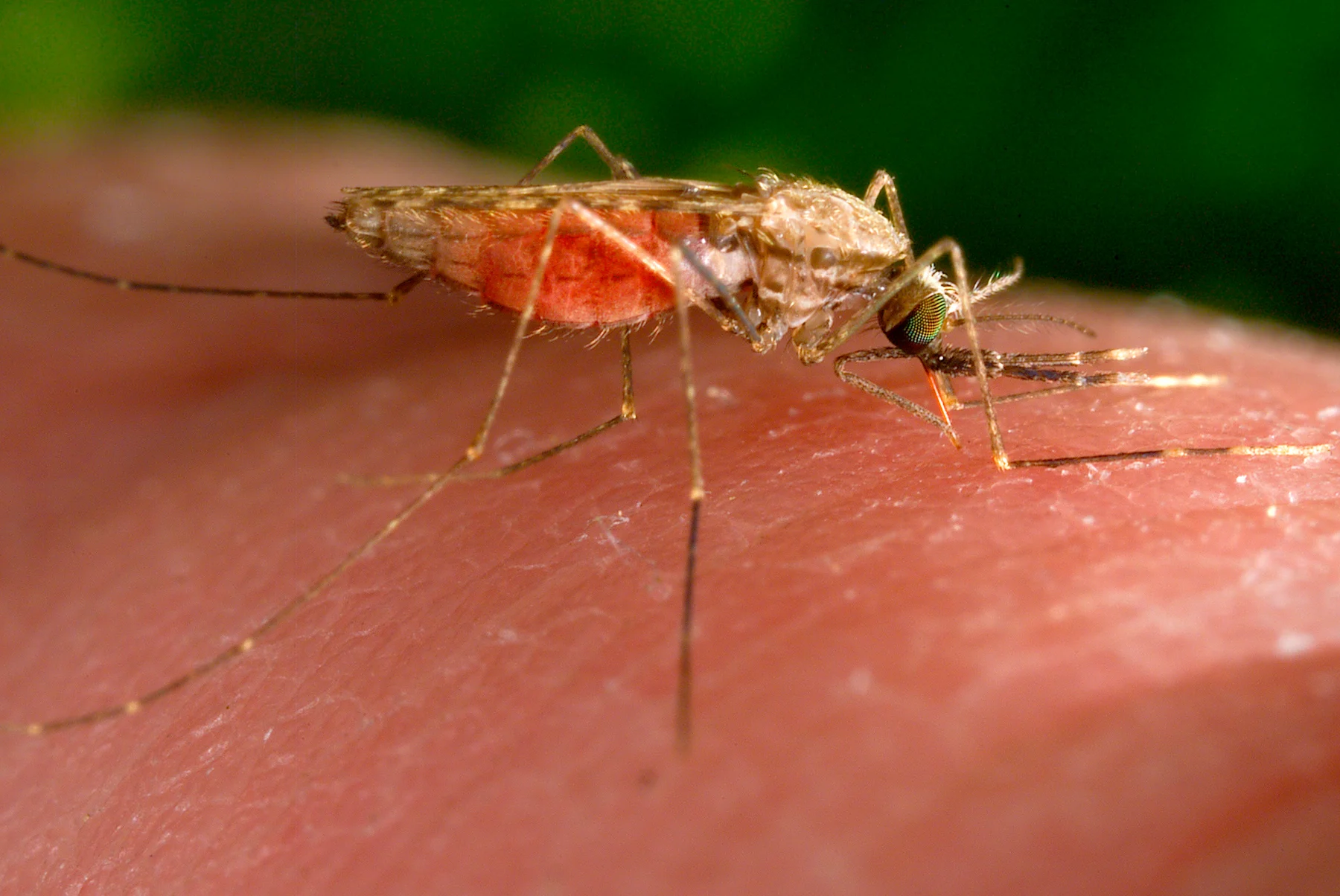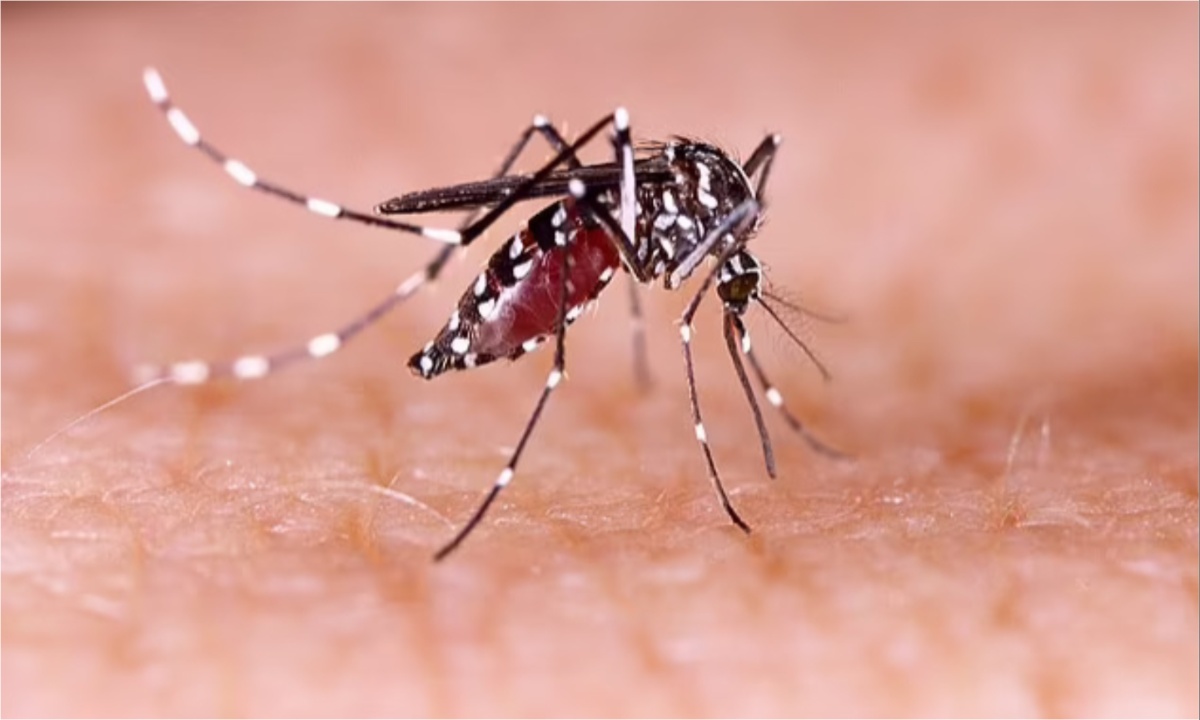In a small town in Massachusetts, officials have issued a warning urging residents to stay indoors during the evenings due to a dangerous outbreak of Eastern equine encephalitis (EEE), a severe mosquito-borne virus. The virus, which has reached a “critical risk level,” poses a significant threat to public health.
EEE is known for its high fatality rate, killing between 30 and 50 percent of those infected, with children under 15 and the elderly being the most vulnerable. Survivors often face permanent disabilities, and some may die from complications years later. The town has confirmed one serious case involving an elderly resident who is currently hospitalized.
EEE is transmitted by mosquitoes that breed in swampy areas, particularly in Atlantic and Gulf Coast states and the Great Lakes region. The virus cycles between wild birds, horses, and humans, with only a few cases reported in the U.S. each year.

According to the Centers for Disease Control and Prevention (CDC), there is an average of 11 cases annually, making any increase in cases a serious concern due to the severe nature of the disease.
On August 16, the Massachusetts Department of Public Health reported the first EEE case in the state for the year and declared a “critical risk level” in four communities: Douglas, Oxford, Sutton, and Webster, all located in Worcester County. This action reflects the urgency of the situation and the need to take preventive measures to protect public health.
In response, the affected towns have issued a joint health advisory recommending that residents avoid outdoor activities during peak mosquito activity times. The advisory suggests finishing outdoor activities before 6:00 PM through the end of September and before 5:00 PM from October 1st until the first hard frost. It also advises residents to use insect repellent, wear protective clothing, and ensure their homes are well-screened to prevent mosquito entry.
There have been only three reported cases of EEE in the U.S. this year, in Massachusetts, Vermont, and New Jersey, all of which are neuroinvasive. The CDC notes that around 30 percent of EEE cases are fatal. Massachusetts has experienced severe outbreaks in the past, including a 2019 surge with 38 cases and 12 deaths, highlighting the serious nature of the current risk and the importance of following health advisories.
